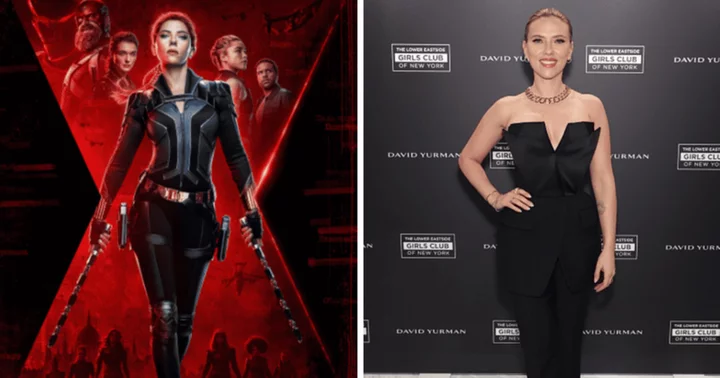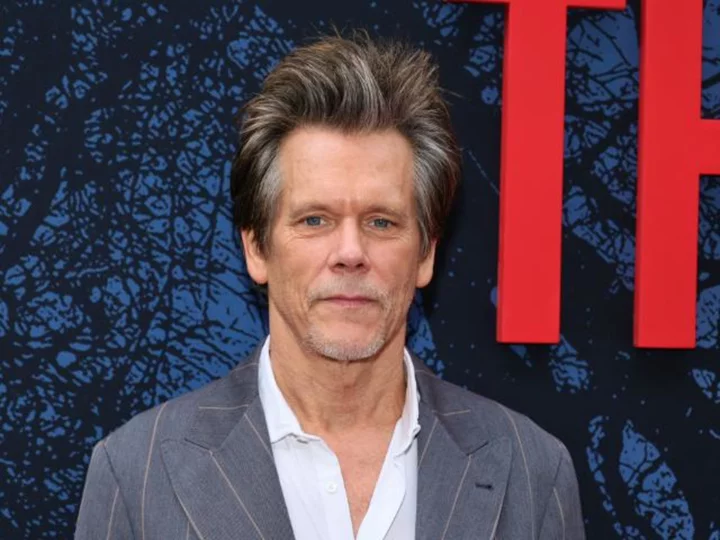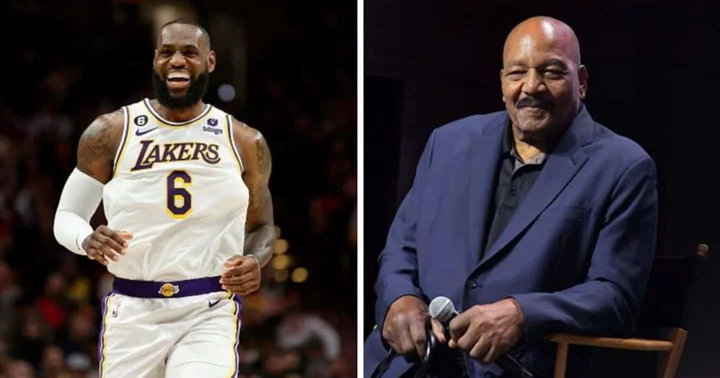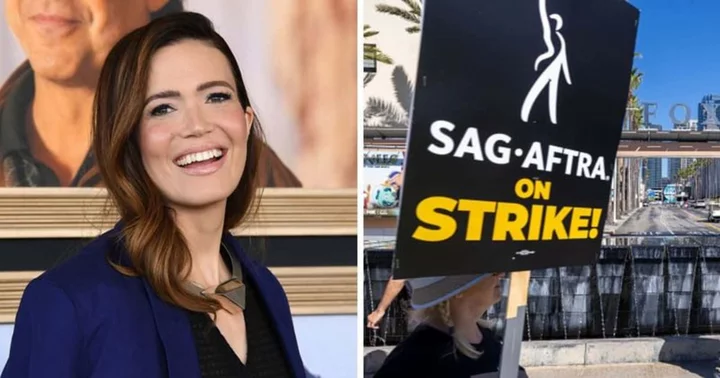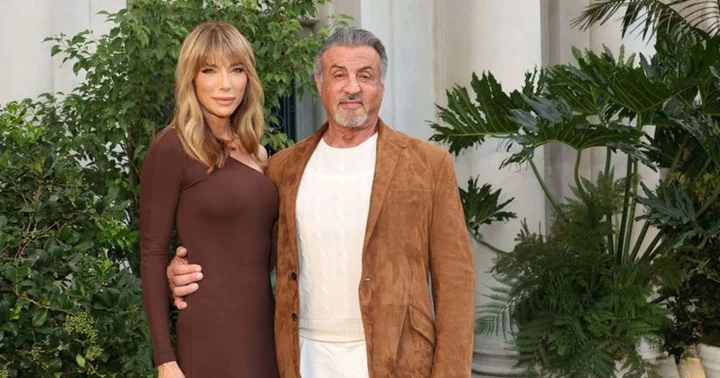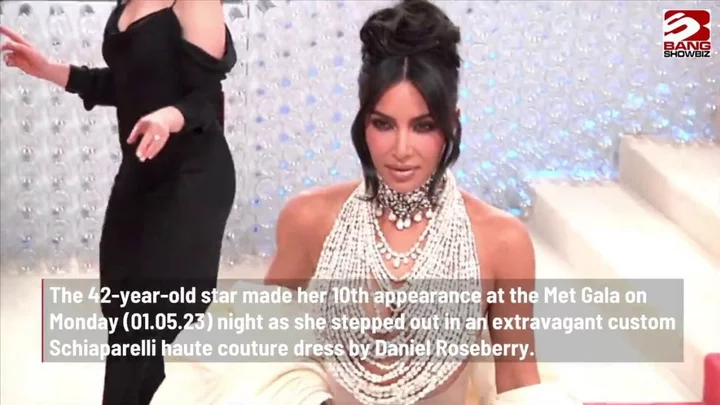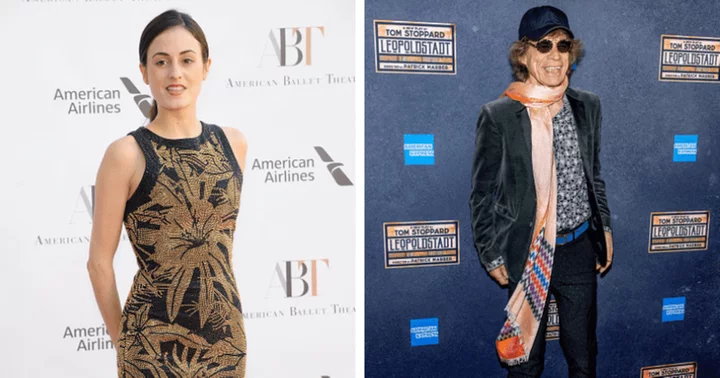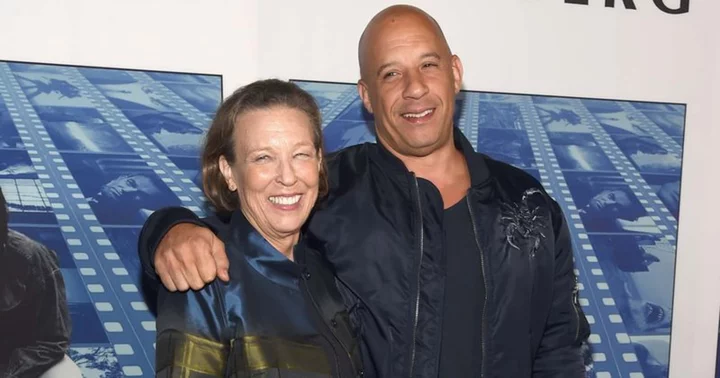LOS ANGELES, CALIFORNIA: During the height of the Covid-19 pandemic, Scarlett Johansson found herself embroiled in a dispute with Disney over their decision to release 'Black Widow' solely on their streaming platform, Disney+, rather than in theaters as initially agreed. This posed a significant issue for Johansson as her contract with Disney stipulated a theatrical release, entitling her to backend profits from box office earnings.
As ‘Black Widow’ marked the character Natasha Romanoff's standalone story in the Marvel Cinematic Universe (MCU), Johansson's concerns were amplified, given her portrayal of the character since 2010. Moreover, the film's release came after the demise of Natasha's character in 'Avengers: Endgame' (2019), making the film all the more crucial for Johansson.
Disney called the lawsuit ‘sad and distressing’
To make matters worse, Bob Chapek, who was the head of Disney at the time, openly boasted about the film's success in generating $60 million in signups for Disney+. But this did not translate into additional compensation for Johansson. This revelation highlighted the stark contrast between the gains made by the company's executives and the financial implications for the actress who was the blockbuster film's lead.
The dispute underscored the evolving dynamics between film releases and streaming platforms during the pandemic, raising questions about actors' compensation and the adherence to contractual agreements. It also brought to the forefront the significance of clear communication and mutual understanding between studios and talent when navigating unprecedented changes in the entertainment industry.
In their response, Disney dismissed the merits of the lawsuit, expressing their belief that it lacked any foundation. They further characterized the legal action as "especially sad and distressing" due to what they perceived as a callous disregard for the widespread and prolonged global impact of the Covid-19 pandemic.
Did the lawsuit pave the path for SAG-AFTRA's demands?
Scarlett Johansson's agent, Bryan Lourd, spoke out strongly against Disney, emphasizing the unfairness of their actions and highlighting the significance of Johansson's lawsuit. In an interview with Variety, Lourd expressed that both he and Johansson were aligned in their understanding of the situation and he praised her for her conviction to fight back. He emphasized that Johansson's decision to take legal action went beyond her personal interests. She felt a responsibility to stand up for others who were also facing similar challenges in the changing landscape of the industry.
Johansson's lawsuit, in hindsight, played a pivotal role in setting the stage for subsequent developments, notably the SAG-WGA joint strike that focused on residuals and fair compensation from streaming projects. By taking a stand, Johansson demonstrated her influence and leadership, setting a precedent for fellow actors to follow in the years to come. On July 14, 2023, SAG-AFTRA (Screen Actors Guild-American Federation of Television and Radio Artists) formally joined the WGA (Writers Guild of America) on the picket lines, showing solidarity with the writers who have been on strike since May.

